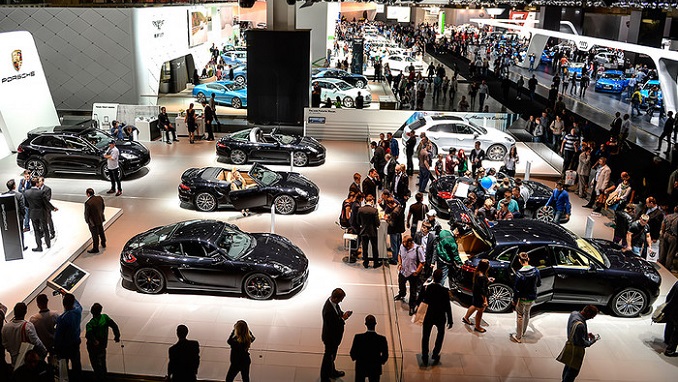Vehicle imports to Russia dropped in February by 3.6% year-on-year after 22 months of steady growth, Automotive Logistics reported citing data by the Association of European Businesses (AEB). Analysts say the population’s lower incomes and weakening purchasing power are among the reasons for the drop in imports.
In 2018, the country imported 293,100 finished vehicles, up almost 10% compared with the same period the previous year, according to the Russian Federal Customs Service. The value of vehicles imported reached $7.6 billion last year, the highest figure since 2014.
AEB’s chairman Jorg Schreiber says the buying power of the Russian population was weakening and making continued growth prospects for the Russian vehicle market less certain.
The increase in imports to satisfy consumer preferences in Russia over the last 22 months could be explained by a gradual reduction in import duties across the Eurasian Economic Union (EEU), which includes Russia, Armenia, Belarus, Kazakhstan, and Kyrgyzstan. From September 1 last year, the EEU cut duties on imported finished vehicles from 20% to 17%. It had reduced them in 2017 from 23% to 20%. Although the final decision has not been made yet, there are plans to reduce the duties further, down to 15%.
The reductions are being made to honor obligations EEU member states took when they individually joined the World Trade Organization (WTO).
In Russia, the federal government decided to offset the reduction in import duties on finished vehicles by increasing the “utilization fee” – the tax ostensibly designed to account for recycling charges at the end of the imported vehicle’s life. From 2014, carmakers have had to pay the utilization fee both for vehicles assembled in Russia and those imported to the country, but on locally-made vehicles, the government reimburses the fee.
In April 2018, Russia raised the utilization fee and for some models, the increase was almost double. In October last year, deputy prime minister Dmitry Kozak proposed a further increase of 30% but there is no information on when or if that is likely to happen.












